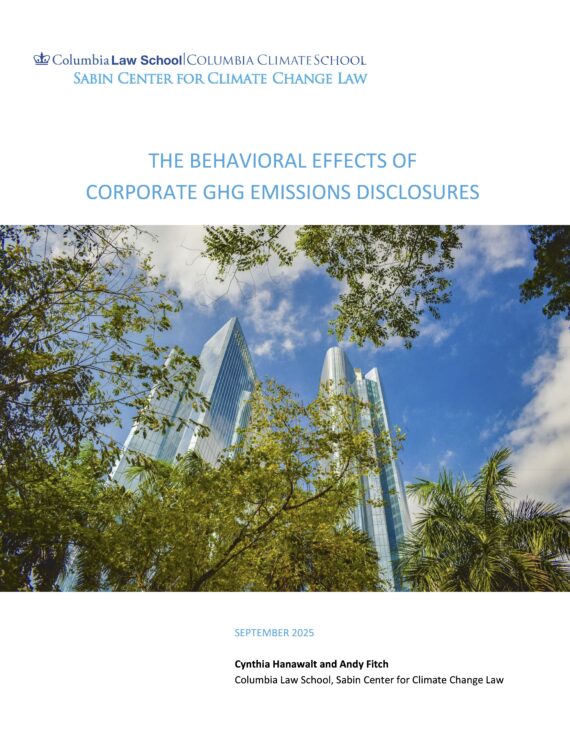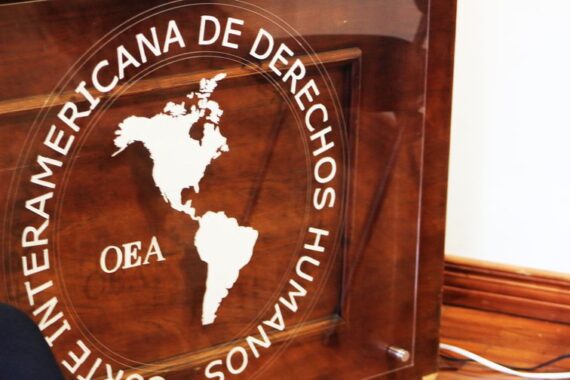In recent years, roughly 30 nations have implemented regulatory regimes that mandate some type of greenhouse gas (GHG) emissions disclosure from corporations. As GHG emissions disclosure regimes continue to take hold, several key questions arise: will they prompt meaningful and sustained GHG emissions reductions, or will they merely serve to […]
Introduction Parties to the 1972 Convention on the Prevention of Marine Pollution by Dumping of Wastes and Other Matter (London Convention) and the 1996 Protocol to the Convention (London Protocol)—two international treaties that aim to protect to the marine environment from human activities—are set to meet in the last week of October 2025. […]
The legal landscape for climate action is undergoing a paradigmatic shift. Whereas the primary focus was once on treaty negotiations and diplomacy, climate advocates are now increasingly turning to the courts. Yet as more rulings are handed down in favor of plaintiffs, important questions arise. Are these decisions driving meaningful […]
The trilogy of climate advisory opinions from the International Tribunal for the Law of the Sea (ITLOS), Inter-American Court of Human Rights (IACtHR), and the International Court of Justice (ICJ) marks a watershed moment not only for climate litigation but also for understanding the evolving role of Conferences of […]
The field of carbon dioxide removal (CDR) is ethically and technically complex. It encompasses a wide range of approaches – from tree planting to ocean alkalinity enhancement to electrochemical capture – each with their own delivery timelines, costs, and ecological impacts. They raise common concerns: Are they a distraction from […]
In the recent Advisory Opinion on States’ Obligations in respect of Climate Change (AO, 2025) various remarks by the International Court of Justice (ICJ) lean into an increasingly “administrative” law turn in international law. Administrative law, particularly in the common law, often focuses on the acceptability of the procedures through […]
As the world faces an escalating triple planetary crisis – climate change, biodiversity loss, and pollution – those who step forward to defend the environment are increasingly stigmatized, criminalized, and subjected to violence. Nowhere is this threat more acute than in Latin America, which accounts for nearly 80% of all […]
Among the various legal instruments aimed at protecting human rights in the face of the climate emergency, few require as much interpretative effort as the right to science. Traditionally situated within the realm of programmatic obligations and often associated with promoting technical progress and disseminating scientific information, this right has occupied a […]








